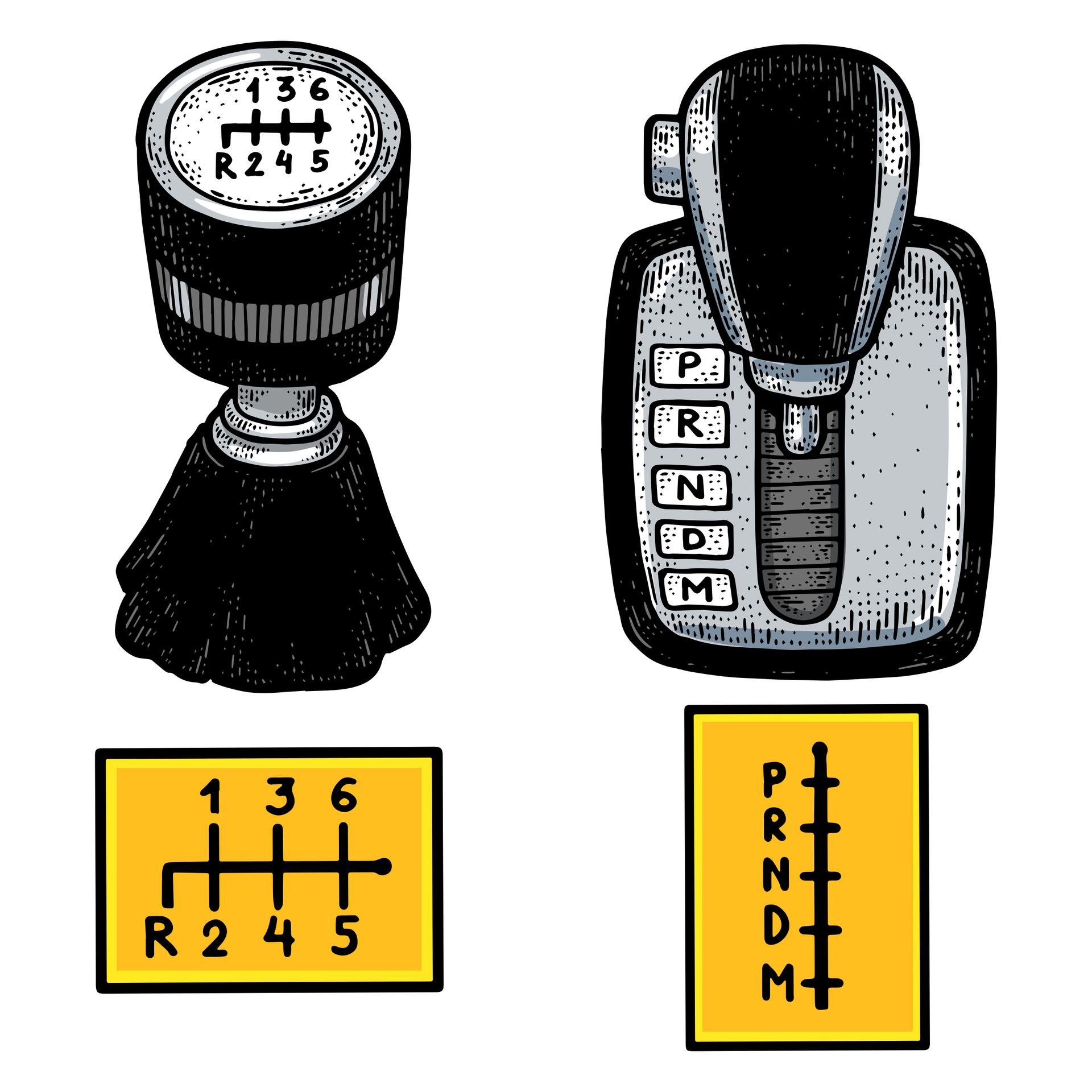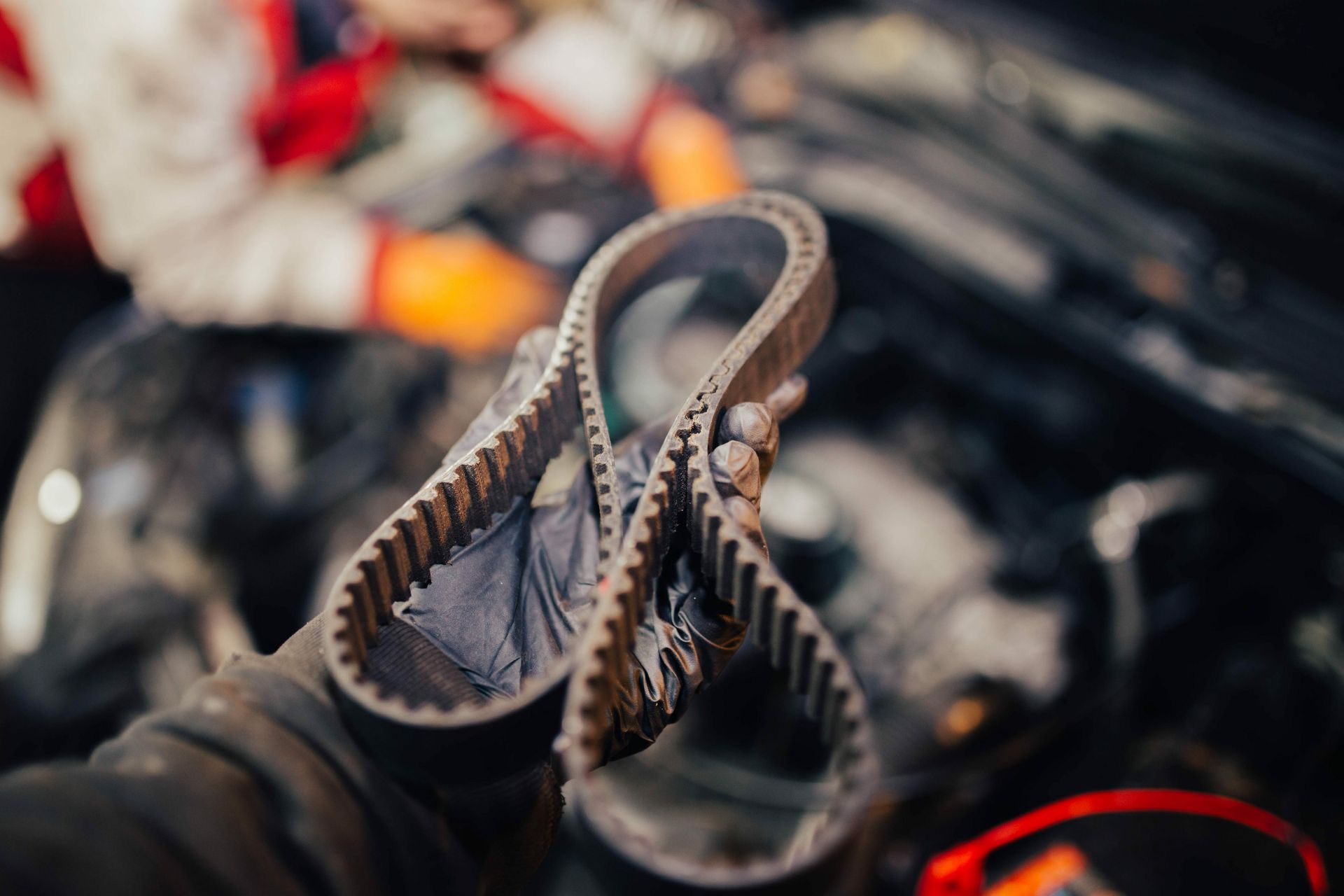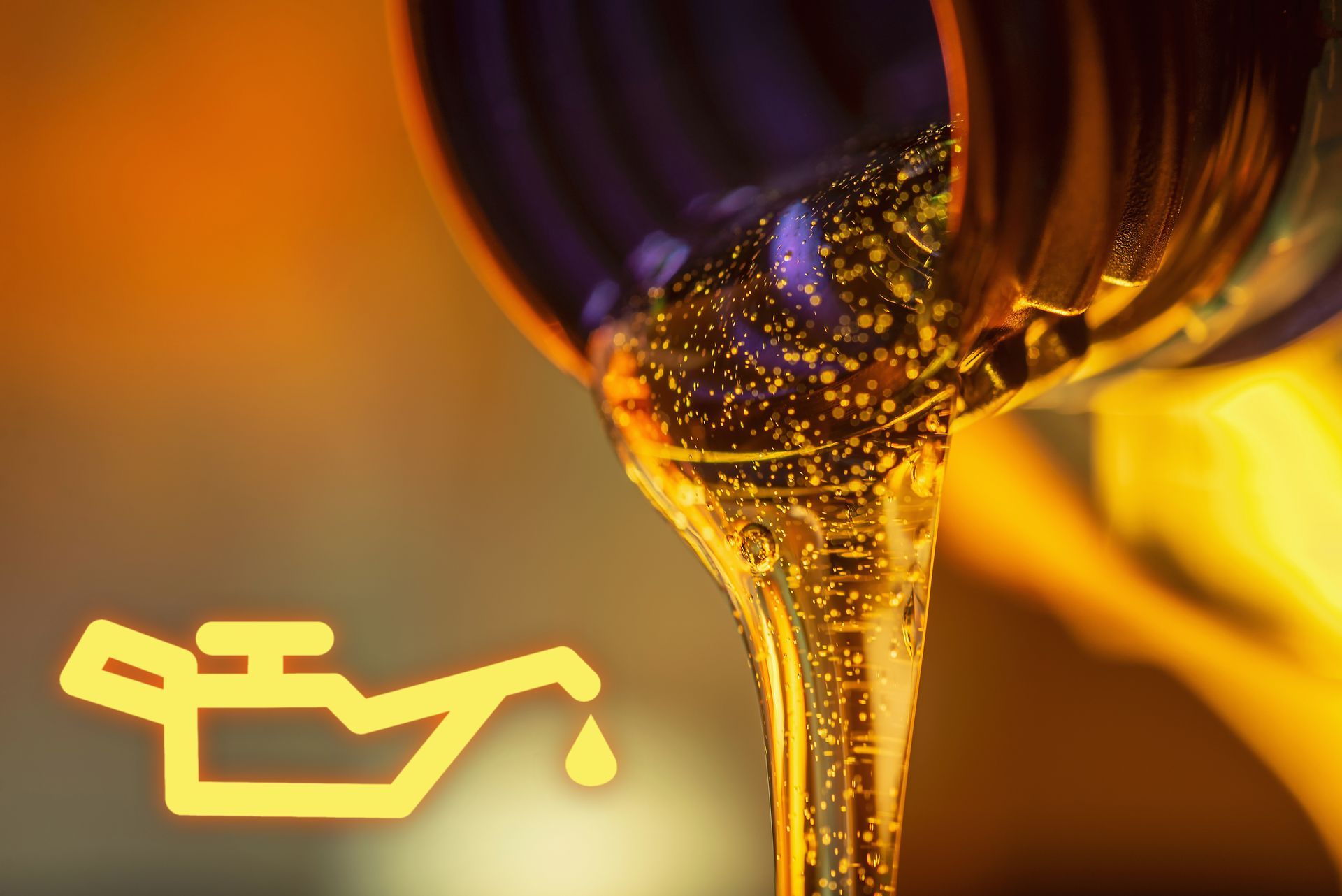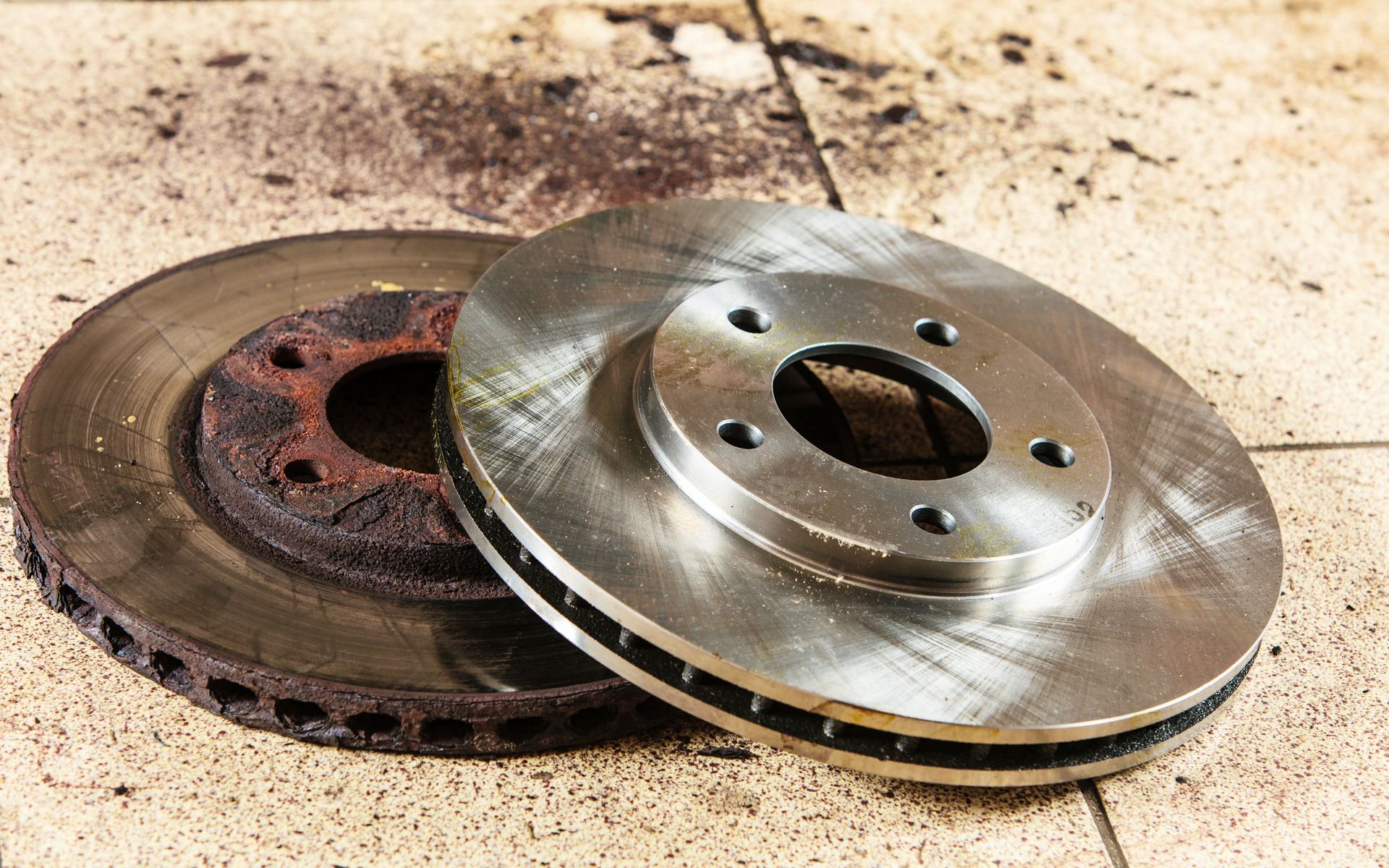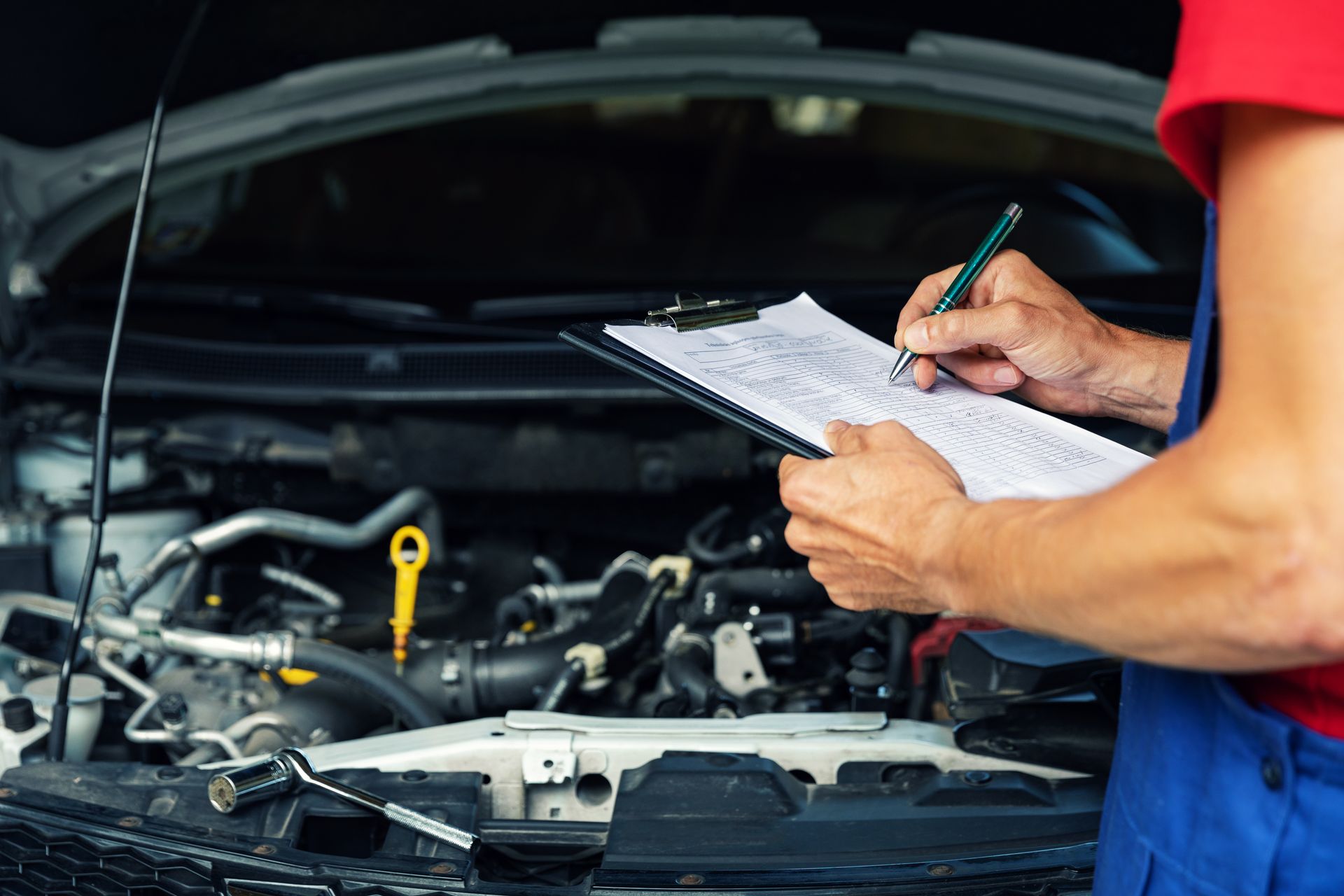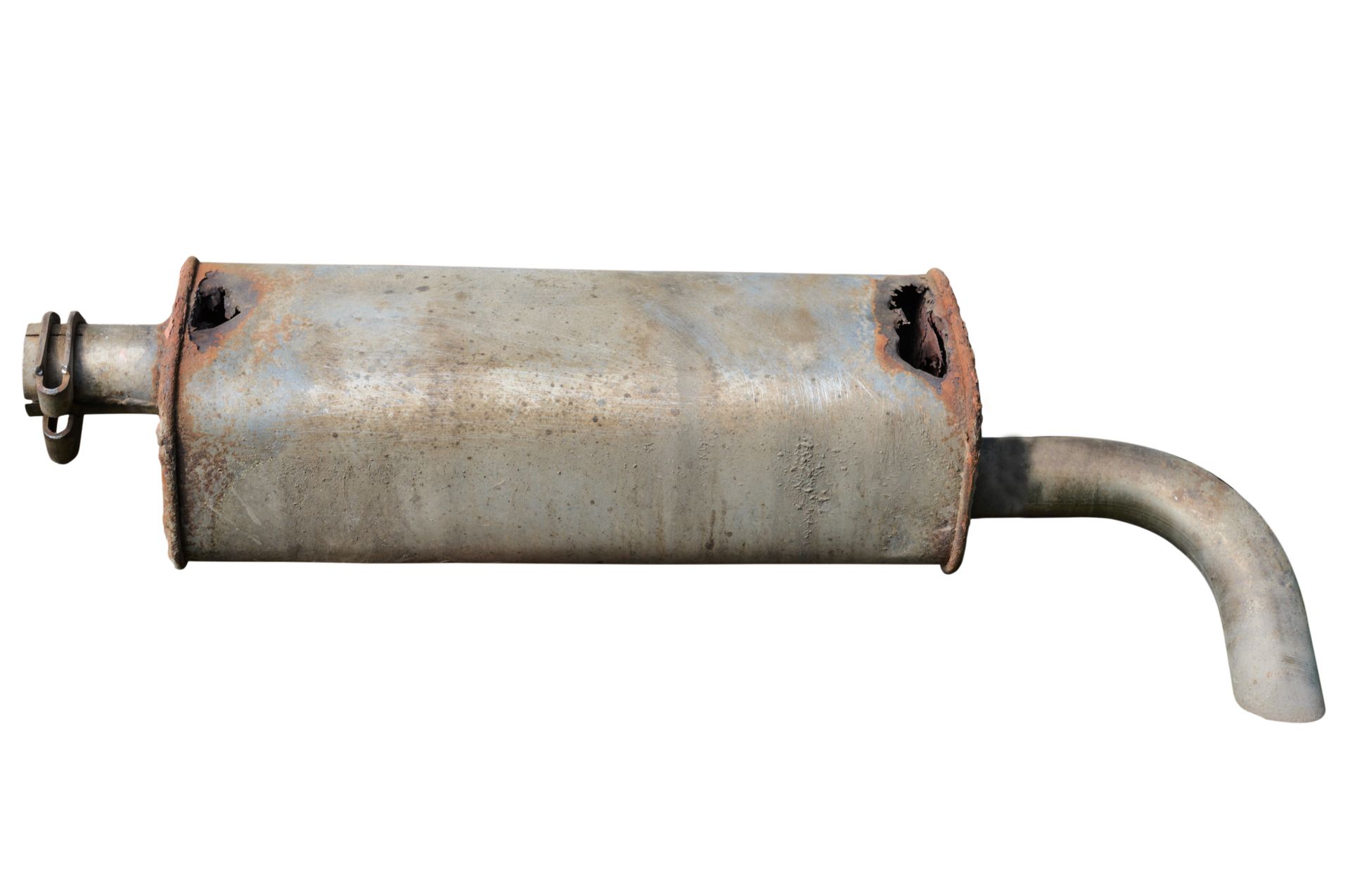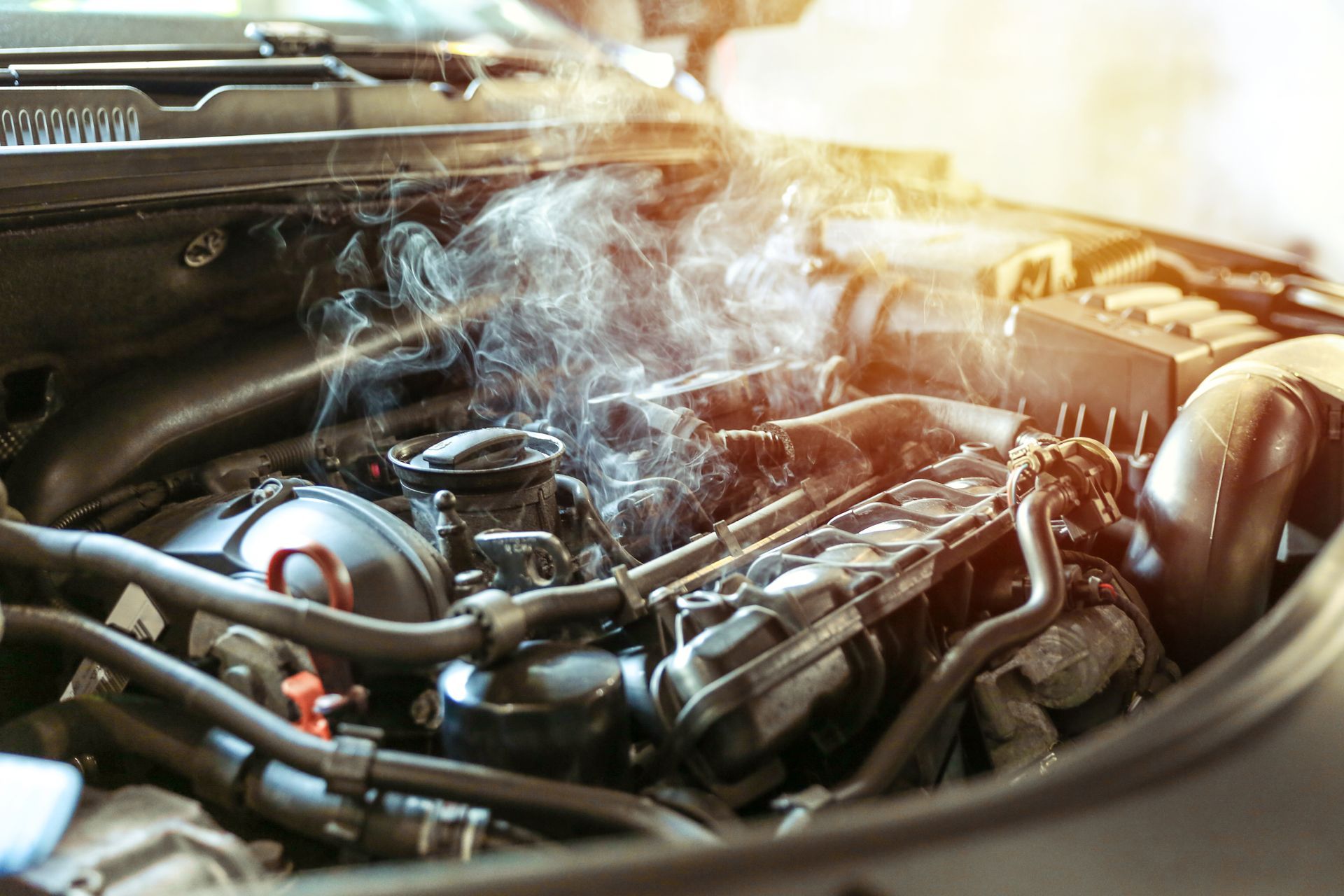My Garage
You do not have My Garage enabled.
Section under maintenance.

Join Our Team!!
We are looking to hire a technician
Poynette
Loading ...
Missing business hours data / Error occurred while getting the data.
Cottage Grove
Loading ...
Missing business hours data / Error occurred while getting the data.
Madison
Loading ...
Missing business hours data / Error occurred while getting the data.
★
★
★
★
★
Review
My Garage
You do not have My Garage enabled.
Section under maintenance.
Poynette
Cottage Grove
Madison
Certified Auto Repair Shop | Website by KUKUI
Loading ...
Missing nap lines data / Error occured while getting the data.


